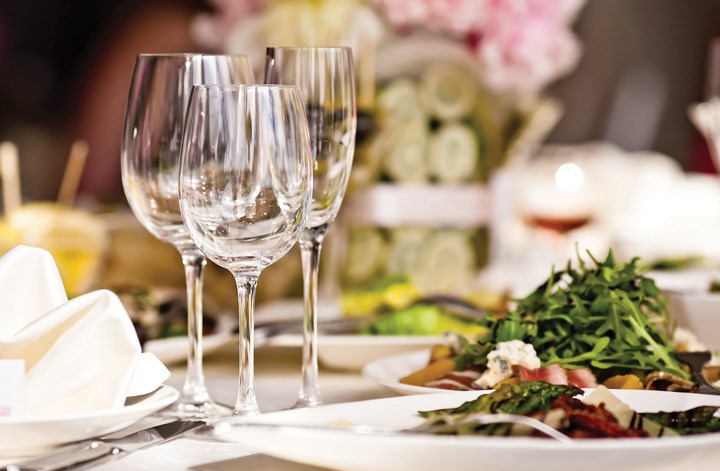It is a brave new world of dining out there.
Last month, reports circulated of a U.S. restaurant that was incentivizing its patrons to leave the most critical, vitriolic comments they could fathom on Yelp, the crowd-sourced business review site. The initiative proactively plummeted the venue's aggregated ratings through the floor. The restaurant did it to protest what it alleged to be Yelp's practice of bolstering the rankings of paid advertisers.
Earlier this year, a North Shore restaurant found itself at the centre of a social media frenzy over a dispute about correct change. The purported short-change victim alleged fraud, which spawned an angry online mob to post hateful commentary about the restaurant and its staff on every message board available, often via anonymous user profiles registered thousands of miles away. Some of the posts even advocated violence against the ownership.
I have said it before but I will say it again: the restaurant business is a tough racket, especially in light of this new age of instant, shareable judgment.
I recently reached out to a good friend of mine who has built a very successful career in restaurants to see what he had to say about the modern climate of dining and to explain what keeps him in the game.
Chef Ben Kiely is an English expatriate with an encyclopedic knowledge of world cuisine who worked in some of Europe's finest kitchens and in many popular Vancouver rooms before settling into a position as a chef instructor and restaurant chef at the esteemed Pacific Institute of Culinary Arts. In addition to 20 years in professional kitchens and a Red Seal chef designation, Kiely's insatiable thirst for learning has prompted him to obtain specialized certifications in butchery, baking and pastry.
Chris Dagenais: Ben, why do you do what you do?
Ben Kiely: It's what I love and it's what I know. I feel inspired by the potential of this city. Vancouver's dining scene is still a work-in-progress, it's evolving, and I want to be part of that evolution.
CD: In what way is our scene evolving?
BK: We have some of the top raw ingredients in the world; we really are spoiled with abundance. On the other hand, we tend to run before we walk. We are a young city and we are still trying to find our identity. We struggle sometimes because we see cuisine from other cities and we rush to put out food that looks like their food. But the truth is, their cuisine has years more history, years of trial and error. We need to establish our own basics, define our own roots instead of trying to emulate another accomplished cuisine.
CD: What's holding us back from doing that, do you think?
BK: There are lots of reasons, but one explanation might be that we make it very difficult for independent restaurants, the little rooms with the passionate, creative chefs, to succeed. But we have a thriving corporate restaurant scene, where the food is standardized and tries to appeal to absolutely everyone.
The food is well prepared, but it's usually quite safe and deliberately middle-of-the-road. Those big corporate rooms are always jam-packed. They are defining a style of cuisine that is more about mass appeal than anything else. And these are the restaurants that are reaching the biggest audience.
CD: How has the boom of social media review sites affected you, if at all?
BK: This is a tough subject for chefs. It's great to see so many people so engaged in food and dining, that's the nice part.
The hard part is watching a really talented chef, with his own small business, and a family to support, and rent to pay, getting slayed by someone having a bad day or someone who really didn't understand what the chef was trying to do. Everyone is entitled to an opinion, but what gets published online sometimes can be unduly harsh and is often posted by someone with little to no culinary knowledge. As much as we'd like to think that it doesn't affect us, chefs absolutely are impacted by those comments.
The biggest danger of this is that chefs start to allow their vision to be influenced by this commentary; at that stage they are just playing to the masses and allowing menus to be shaped by opinion rather than by seasons or ingredients.
CD: What's the solution?
BK: One of the very best things that could happen to our city would be to have a well-established, professional restaurant guide set up shop here. A guide with expert, qualified reviewers who are accountable for their words and are held to a transparent, high standard. I honestly think that would drive creativity and encourage our city's tremendous culinary talent to define a world-class style.
Chris Dagenais is a North Shore resident and North Shore News columnist. His regular restaurant review column appears in the Wednesday issues of the paper.
He served as a manager for several restaurants downtown and on the North Shore. A self-described wine fanatic, he earned his sommelier diploma in 2001.



